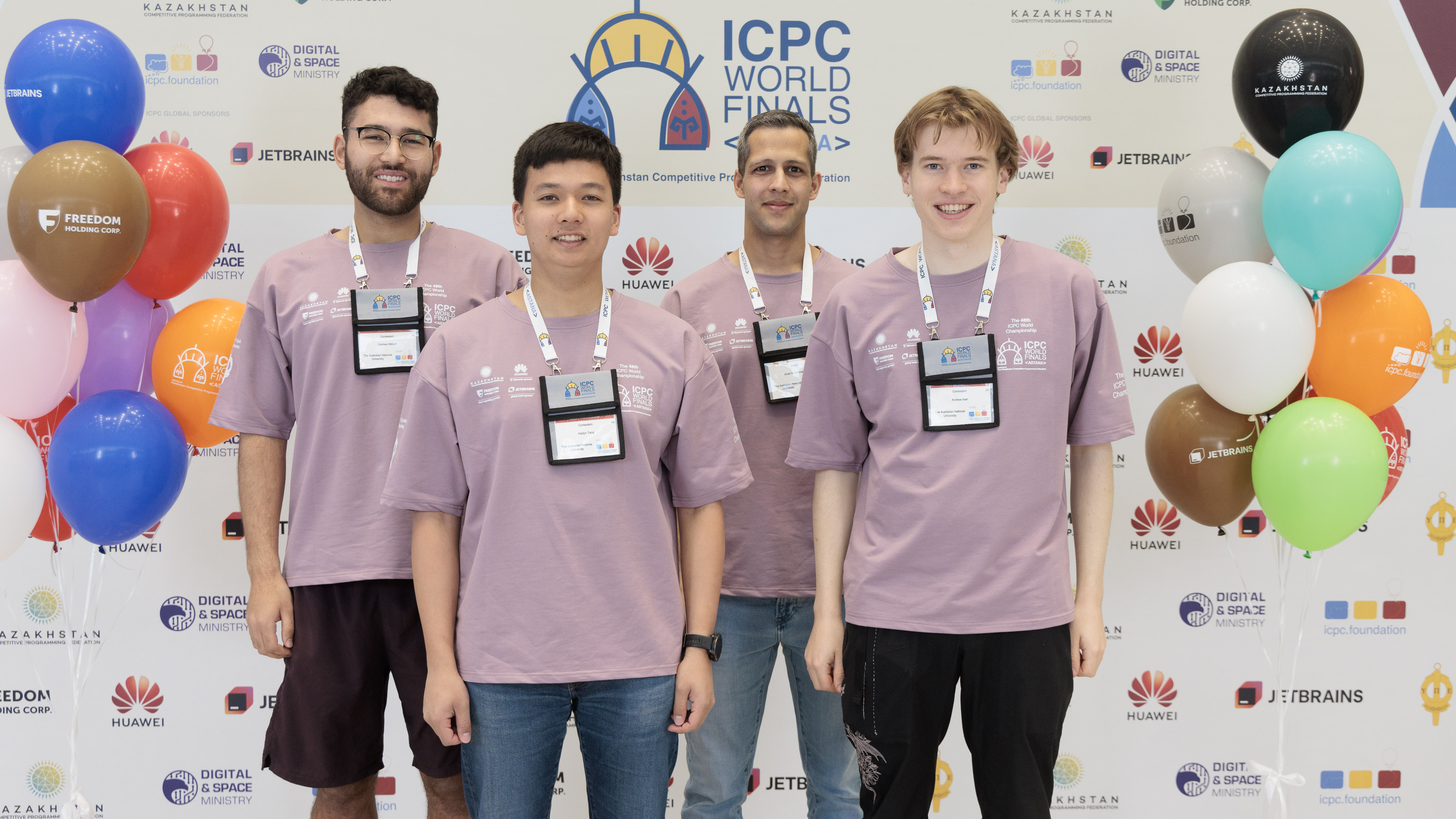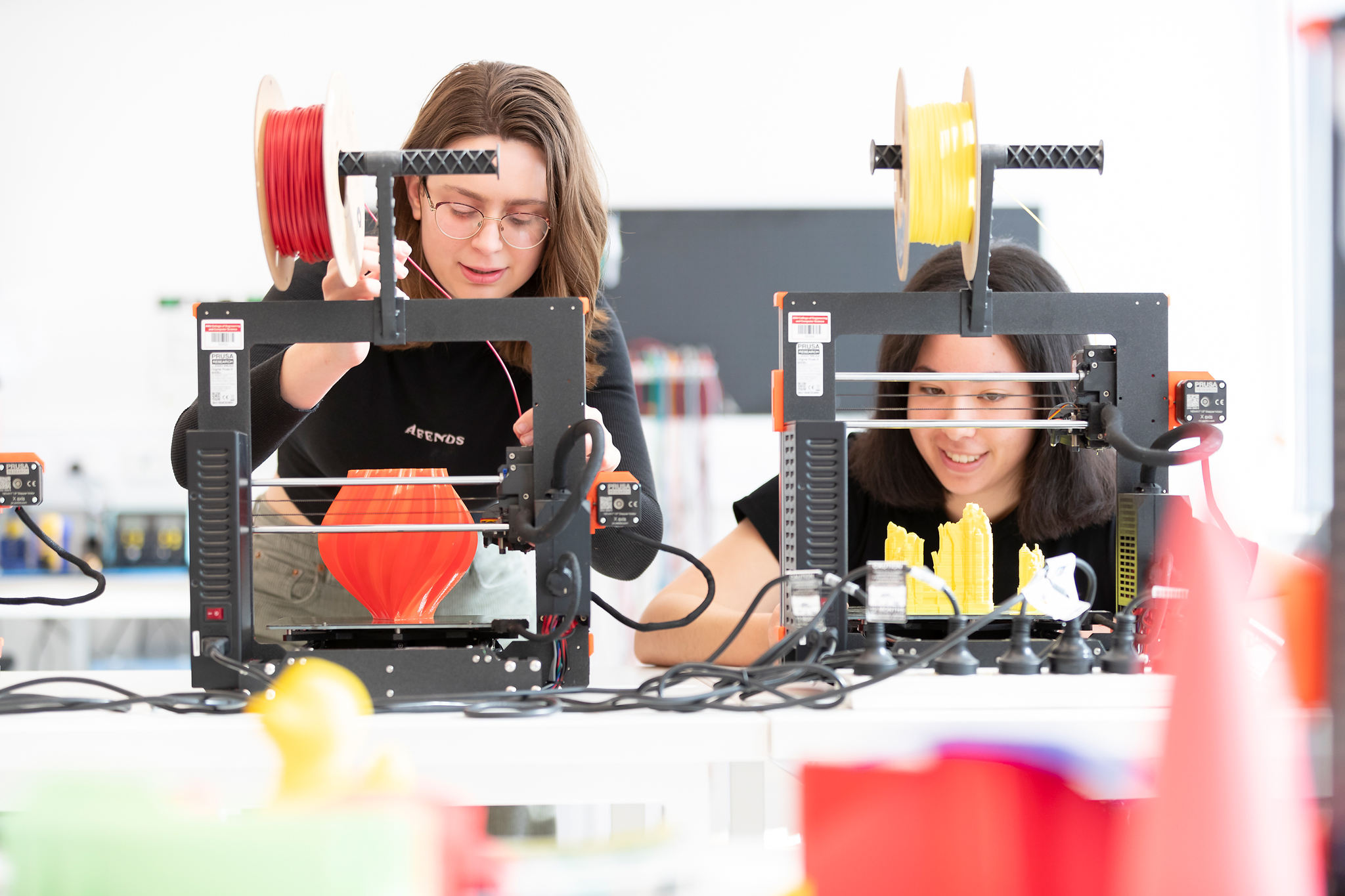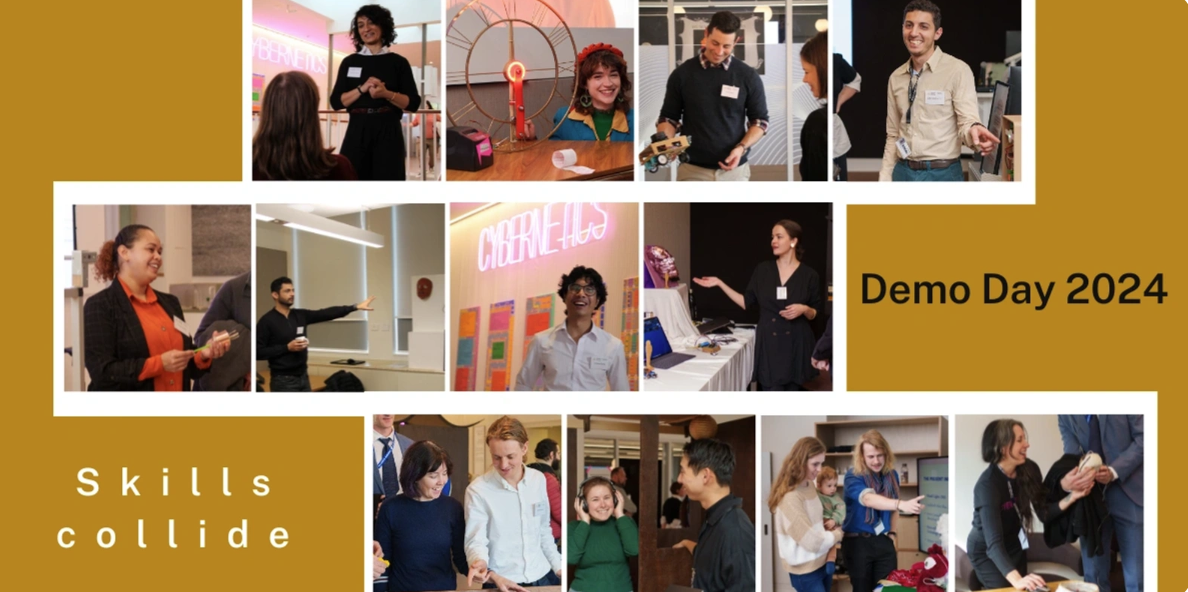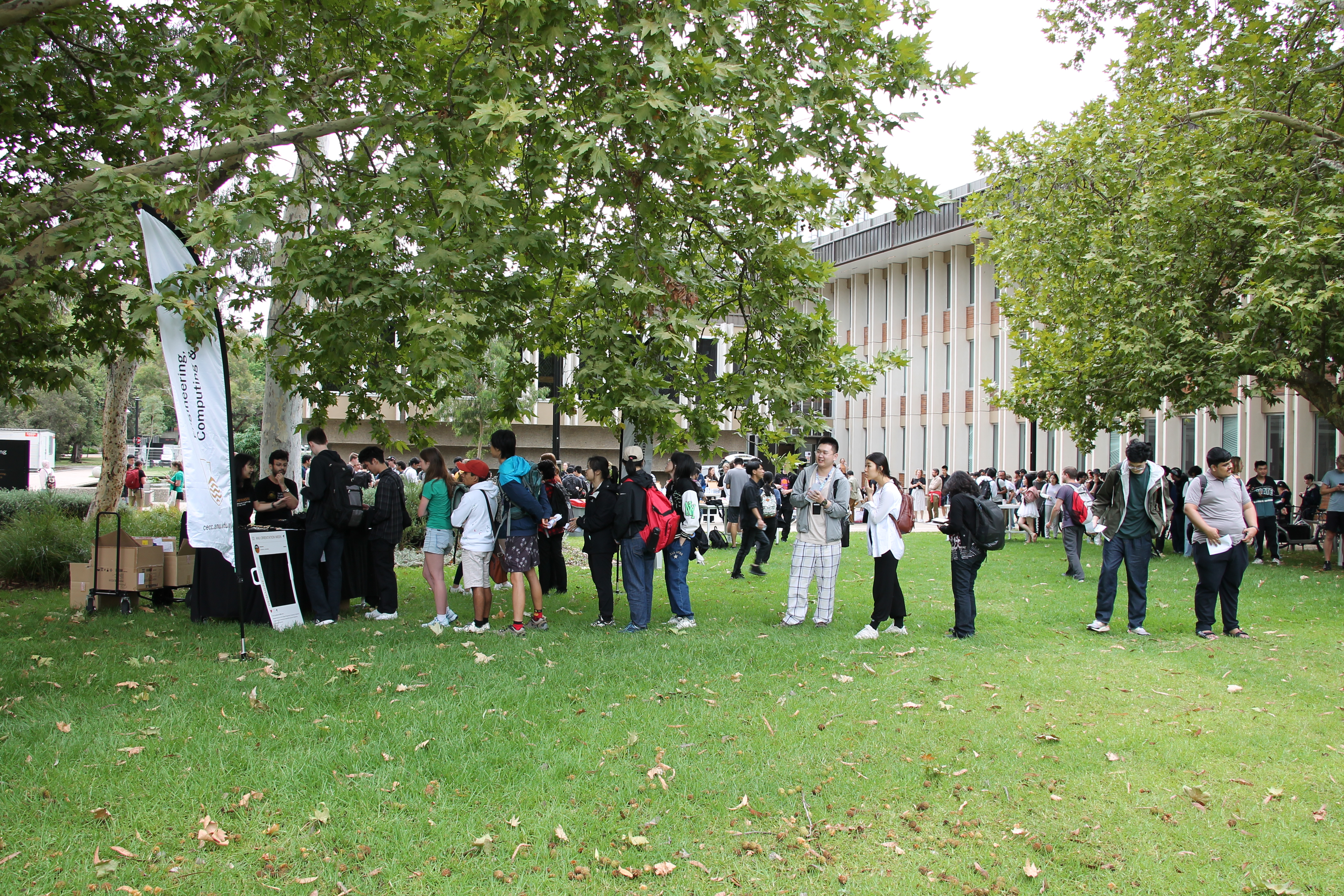At the ANU College of Systems & Society, you will be studying at Australia’s leading university—with a community of innovative students, teachers and researchers who are finding solutions to the world’s greatest challenges.
Systems & Society
Study
Learn from our world-class researchers, as Australia’s policymakers do. Our expertise and influence extends to our Canberra neighbours, and leaders in government and industry.
Study with us
#1 for Employability
Be job-ready.
ANU is ranked first in Australia
and 35th in the world for Graduate Employability according to
the Global University Employability Ranking 2023-24.
#1 for Staff-to-Student Ratio
Be taught by the best. ANU is ranked first in Australia for the lowest Student-to-Staff ratio among Australia's Group of Eight universities Global University Employability Ranking 2024.
Future Focused
Be innovative. ANU offers unique, modern degrees designed to meet the challenges of the future—preparing you for success in today's changing world.
Latest News

New Perspectives in Complex Analysis
4 Feb 2025
An Ian Le workshop on New Perspectives in Complex Analysis.

ANU students compete in international programming contest
17 Dec 2024
A team of ANU undergraduate students recently showcased their skills on the global stage at an international programming competition.

ANU machine learning expert joins Superstars of STEM
11 Dec 2024
Congratulations to Dr Amanda Parker, who has been selected as one of Australia’s Superstars of STEM!
Invisible Section
Latest Events

GET Set
4 Nov 2024
Are you ready to GET Set with a career in engineering or technology? Experience engineering and computing at ANU! We are pleased to host to our annual GET Set event for girls...

Master of Applied Cybernetics Student Demo Day
7 Nov 2024
Explore cyber-physical prototypes by our Master of Applied Cybernetics students.

Orientation Week (O-Week) College activities
13 Feb 2025
Get ready to start your semester with our College O-Week activities!